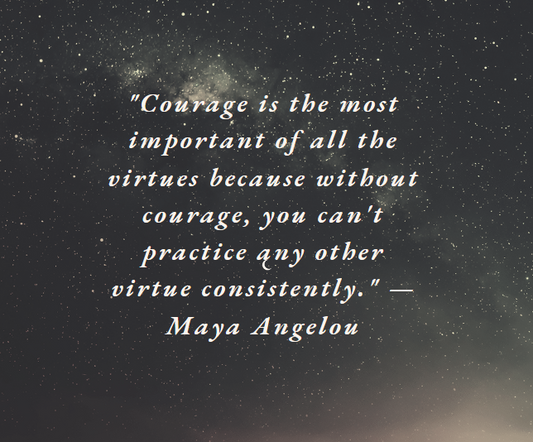The Quality of Your Life is Determined by the Quality of Your Thoughts
The adage "The quality of your life is determined by the quality of your thoughts" encapsulates a powerful truth about the influence of our inner dialogue on our overall well-being. Our thoughts shape our perceptions, emotions, and actions, ultimately impacting the way we experience life. Understanding this connection can empower us to cultivate a more positive and fulfilling existence by consciously improving the quality of our thoughts.
The Power of Positive Thinking
Positive thinking is more than just a feel-good phrase; it’s a practice with profound effects on our mental and emotional health. When we focus on positive thoughts, we are more likely to experience higher levels of happiness and satisfaction. This is because positive thinking encourages a mindset of possibility and resilience, allowing us to approach challenges with optimism rather than fear. For instance, viewing obstacles as opportunities for growth rather than insurmountable barriers can lead to better problem-solving and a more constructive outlook on life.
The Impact of Negative Thoughts
Conversely, negative thoughts can have a detrimental effect on our lives. Persistent negativity can contribute to stress, anxiety, and depression. When we constantly engage in self-critical or pessimistic thinking, we reinforce a sense of inadequacy and hopelessness. This mindset can limit our ability to take action, create self-fulfilling prophecies, and hinder our overall quality of life. For example, believing that you are destined to fail might prevent you from pursuing opportunities or taking risks, thereby stifling personal growth and achievement.
Cognitive Restructuring: A Path to Better Thoughts
Cognitive restructuring is a technique used in cognitive-behavioral therapy to challenge and change negative thought patterns. By identifying and questioning irrational or unhelpful thoughts, we can replace them with more balanced and constructive ones. This practice involves recognizing cognitive distortions such as all-or-nothing thinking or overgeneralization and actively working to reframe them. For example, if you catch yourself thinking, “I always mess things up,” you can reframe it to, “I made a mistake, but I can learn from it and improve.”
The Role of Mindfulness and Self-Awareness
Mindfulness and self-awareness are crucial for improving the quality of our thoughts. By practicing mindfulness, we can become more aware of our thought patterns and learn to observe them without judgment. This awareness allows us to make conscious choices about which thoughts to engage with and which to let go. Techniques such as meditation, deep breathing, and journaling can help cultivate a more mindful approach to our thinking, promoting a more positive and balanced perspective.
Cultivating Positive Thought Habits
Creating lasting change in the quality of our thoughts involves developing positive thought habits. This can be achieved through several strategies:
-
Gratitude Practice: Regularly acknowledging and appreciating the positive aspects of your life can shift your focus from what’s lacking to what’s abundant. Keeping a gratitude journal is a simple way to incorporate this practice into your daily routine.
-
Affirmations: Positive affirmations can reinforce constructive beliefs about yourself and your abilities. Repeating affirmations such as “I am capable and worthy” can help counteract negative self-talk.
-
Surround Yourself with Positivity: Engage with people, environments, and activities that uplift and inspire you. Positive social interactions and environments can reinforce a more optimistic mindset.
-
Set Realistic Goals: Establish achievable goals that align with your values and aspirations. Meeting these goals provides a sense of accomplishment and reinforces a positive self-image.
The quality of your life is intricately linked to the quality of your thoughts. By cultivating positive thinking, addressing negative thought patterns, and practicing mindfulness, you can significantly enhance your overall well-being and satisfaction. Our thoughts shape our reality, influencing how we experience and respond to the world around us. Embracing this truth empowers us to take control of our mental landscape and create a more fulfilling and joyful life.






